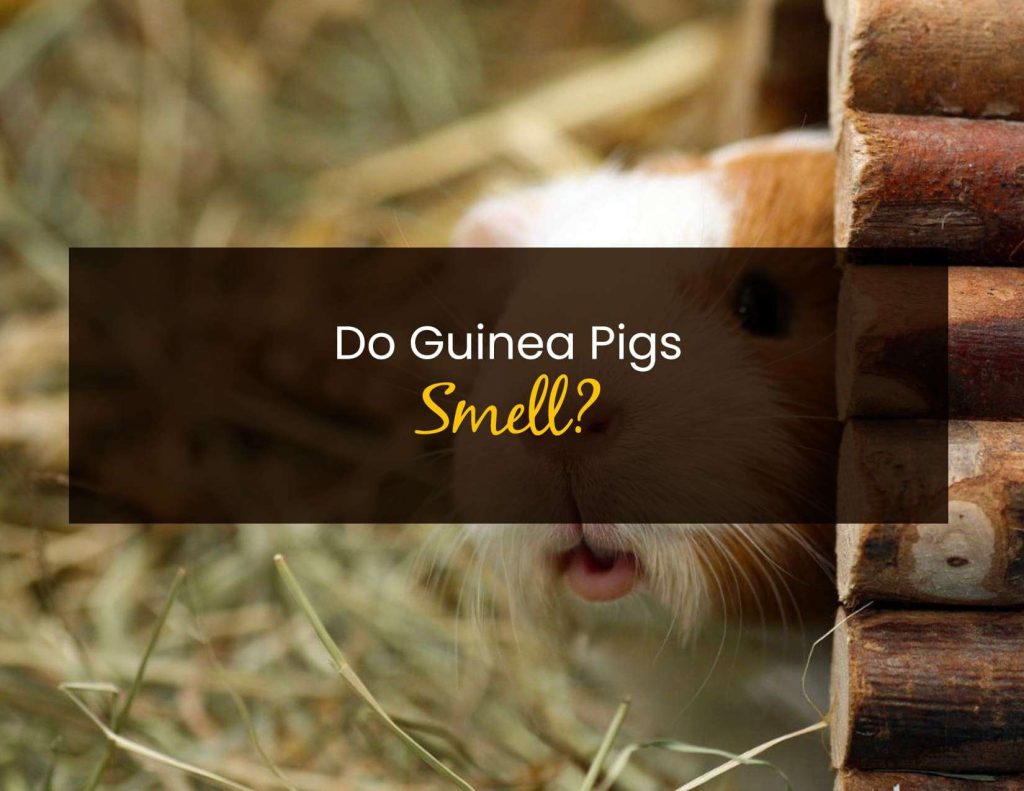Bearded Dragons are known omnivores, which means that they need a mixture of insects, vegetables, and fruits. They are not picky eaters and they will usually eat anything you will offer them. However, just because they will eat them does not always mean they should. Some foods are healthy for humans or other animals but are not suitable for your reptile.

© Image by Alexas_Fotos from Pixabay
Take mushrooms for example. Mushrooms are rich in fiber, protein, and antioxidants. These are nutrients that a bearded dragon needs. However, mushrooms, whichever type they may be are a big “NO” to Bearded Dragons. They are toxic and can cause calcium blockages, which are fatal for your pet. The mushroom example above is not an isolated case. Other vegetables can cause more harm than good to your bearded dragon. To help you maintain a balanced diet for your Beardie without accidentally harming your pet, listed below are some of the vegetables you can offer.
Factors to Determine Vegetables Best for your Bearded Dragon Consumption:
- Must be HIGH IN CALCIUM
Calcium is one of the most important minerals in a Bearded Dragon’s life. It is the key component in the growth and development of a bearded dragon. Lack of Calcium can cause severe health risks for your reptile like metabolic bone diseases. Green Leafy vegetables are a good source of Calcium.
- Must have 2:1 CALCIUM TO PHOSPHORUS RATIO OR HIGHER
It is important to provide vegetables with a 2:1 calcium to phosphorus ratio. Phosphorus partially absorbs calcium and turns it into waste, which will prevent your dragon’s body from absorbing it properly and getting the amount they need. With a 2:1 ratio, your bearded dragon will still get enough calcium from their vegetables even when half of it is being absorbed by phosphorus. A ratio of 3:1 is better.
- Must be LOW IN OXALATE AND GOTROGENS
Oxalates bind with Calcium, just like Phosphorus, and block it from being absorbed by the bearded dragon’s body. It can even deplete the body’s calcium supply over time. Too many oxalate-containing foods have been known to kill bearded dragons.As for Goitrogens, consuming a small amount of food containing goitrogens is okay and does not make a lot of impacts. However, some veggies are known to have high amount of goitrogens like cauliflower that if eaten regularly by your dragon can cause altering thyroid function.
- Must have HIGH NUTRITIONAL VALUE
Vitamins A, C, K, B are some of the vitamins needed to keep your Bearded Dragon healthy and boost its immune system. For a baby dragon, Iron is also important for its development. Although there are already supplements for these vitamins, it is still best for your dragon to absorb these nutrients naturally from organic vegetables.
Vegetables Recommended for Bearded Dragon Daily Meal
- KALE

© Image by WikimediaImages from Pixabay
Kale is a good staple food for your bearded dragon. It contains many nutrients like Calcium, Vitamins A, C, K, Potassium, Manganese, and Magnesium. Kale is also known to have low phosphorus, which makes the body consume more calcium. Over the years, many dragon owners have been doubtful about kale because of its oxalates and goitrogens content. However, the oxalates and goitrogens content of kale is not enough to cause any major health risk to your bearded dragon even if it’s added to the daily menu.
Trivia: Kale is low on sugar, which is one of the many great benefits of Kale for Bearded dragons. Too much sugar can cause several health problems and obesity for your little reptile.
- Collard Green
Collard Green is widely accepted as a day-to-day food for Bearded Dragon. Collard Greens are high in calcium. It has a 4:1 ratio of Calcium to Phosphorus making it a great daily source of Calcium for your dragon. It also contains fiber for digestive and bowel health. Collard Green is high in Vitamins A, C, and K. The only major concerns for dragon owners are its high amount of oxalate. However, by diversifying the salad of your bearded dragon, this should be a problem at all.
- Endive, Chicory and Escarole
Endive, chicory, and escarole are great day-to-day staples for Bearded Dragon even if they do not have many health benefits because they are not harmful in any way. Your little dragon can munch on it anytime whenever they want, how much they want. While the calcium level is not high, it has minimal phosphorus as well. It is high in vitamin k and folate but has minimal A or C. Surprisingly, not having much Vitamin C means no excess Vitamin C can be broken down to form Oxalates which makes Endive a better staple compared to other vegetables.
- Butternut Squash
Butternut Squash is a good addition to Bearded Dragon’s diet. It helps provide a good balance in carbohydrates. It contains a lot of vitamins and minerals including Vitamins A and C. Additionally, butter squash is uniquely colorful compared to other vegetables making it stand out and more appealing to your bearded dragon. While butter squash has good 1:1 calcium to phosphorus ratio compared to other vegetables, supplement calcium still needs to be added when serving butternut squash alone to be able to supply the daily calcium needed by your dragon. Butternut squash is recommended over acorn squash.
Vegetables Recommended for Bearded Dragon Occasional Meal
- Broccoli
Broccoli offers a lot of nutritional health benefits to Bearded Dragon. It contains Vitamin A and C to help boost your dragon’s immune system and Vitamin k1 that supports bone development. It also has a high amount of Potassium that aids muscle functions; Fiber for the digestive system; Folate to help maintain healthy cells and Manganese which aids metabolism. However, despite these great nutritional benefits, Broccoli also contains high amounts of Phosphorus but too little amount of Calcium. Aside from that, Broccoli also contains oxalate that has the same effect as phosphorus. This said a small floret of broccoli monthly will provide a quick nutrient boost to your bearded dragon.
- Carrots
Carrots are a great addition to a bearded dragon meal occasionally. Carrots contain Vitamin A and Beta Carotene for a healthy immune system. It also contains Fiber which can be good for the Bearded Dragons digestive system. However, carrots are not advisable for daily consumption. Its calcium content is the same amount of phosphorus making its calcium content insufficient source of daily calcium. Additionally, its high amount of Vitamin A can cause Vitamin A toxicity especially if you are providing multivitamin supplements to your Beardie.
- Peas
Peas are great snacks for you and bearded dragons only every 2 weeks. Peas contain a lot of vitamins and minerals like Iron for blood and bone development. Manganese for metabolism. Folate for cells, Vitamins A, C, K to boost the immune system.On the other side, peas have 2 nutritional issues that can be harmful to Bearded Dragon. Peas have more phosphorus than calcium which can result in a lack of calcium. Additionally, peas contain a substantial amount of oxalates that if taken every day may result in metabolic bone disease.
- Green Beans

© Image by young_amyc from PixabayYes! Green beans are healthy for Bearded Dragon. It has a 1:1 calcium to phosphorus ratio which is healthy enough to prevent excess phosphorus in the body. It also contains potassium that helps for hydration and magnesium for muscle development. Vitamins A, C, K are also present for a beardie’s immunity and vision.The only problem with green beans is their moderate content of oxalate. This can interfere with the body’s calcium absorption and since there is not high calcium content for green beans, there’s a high risk for your Bearded Dragon to develop MBD if green beans is added to its daily staple.
- Arugula and Alfalfa
There has been a lot of talk about whether arugula is a great staple for bearded dragons. It is known as a superfood as it contains a lot of nutrients. One of the most interesting contents of Arugula is its high amount of Calcium. Aside from that, it has a decent amount of fiber for digestion and high water content for hydration. Arugula is an excellent source of vitamins and minerals like Vitamins A, C, K, magnesium, and potassium. With this said, Arugula is sometimes recommended as a staple food for Bearded Dragon. However, what others do not know is that arugula contains moderate amounts of sugar that might cause health issues in the long run. Additionally, arugula is low in protein and some other minerals, and this makes it unsuitable as a staple diet for bearded dragons.
- Bok Choy
Bok Choy or Chinese Cabbage is a great source of Calcium for your little dragons. It contains phosphorus at a minimal level allowing all calcium to be absorbed by the bearded dragon’s body. Bok choy also contains Vitamin C and A. The only downside of bok choy is its high level of Goitrogens, which can affect Thyroid functions. Fact: From all cabbage varieties, bok choy is the best to offer your bearded dragon because of its high calcium content
- Asparagus, Watercress, and Parsnips
Asparagus, watercress, and parsnips have high Vitamin K content that helps in the blood and skeletal system. They also contain vitamin C to boost your dragon’s Immune System. Asparagus, watercress, and parsnips are also rich in water content and low in calories that helps in keeping your bearded dragon in shape. These things considered, a lot of Bearded Dragon owners find it a good idea to add asparagus, watercress, and parsnips as a staple food for your reptile. However, the moderate amount of oxalate content in asparagus, watercress, and parsnips plus its low calcium content make it not as healthy as other green leafy vegetables. This said the vegetables mentioned above should only be fed to your reptile occasionally.
- Swiss Chard
Swiss Chards are high in calcium content, which is needed by Bearded Dragons to stay healthy. They are also rich in Protein, Vitamins C and A. However, Swiss Chards tend to be high in oxalates, which can be harmful to your reptile friend. Bearded Dragon owners are reported to have had trouble in feeding Swiss Chard’s over time because of its bitter taste as well.
- Bell Pepper
Bell Pepper whether green, red or yellow can be fed to Bearded Dragon but not daily.Bell pepper is rich in Vitamins, A and K and nutrients like fiber, potassium and beta-carotene. But what really stands out is its high Vitamin C content which boosts the immune system. These are perfect nutrients to keep your bearded dragon in shape. However, bell pepper has a 1:3 calcium to phosphorus ratio, which may cause a lack of calcium for your Beardie. In addition, too much Vitamin A from bell pepper can lead to Vitamin A toxicity, which is common to bearded dragons. While bell pepper does not have a bitter taste, you might find it difficult to feed a bearded dragon with it because of its color. Bearded Dragons need to have a high calcium intake from their veggies. However, this does not limit the vegetables that can be fed to your reptile. There are a lot of vegetables in your garden and in the market that is suitable for bearded dragons. With the right amount of research and proper diet, your Bearded Dragon should be fine.










